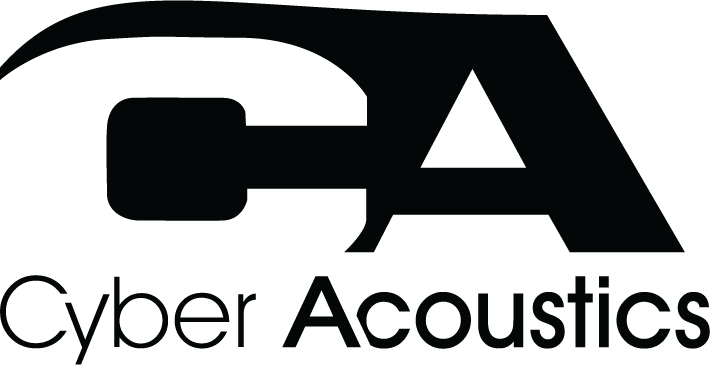"Music in Our Schools" Month Takes Note of Music’s Role in Childhood Development
Friday, March 10, 2017 by Cyber Acoustics
"Music in Our Schools" Month Takes Note of Music’s Role in Childhood Development
Which instrument did you learn to play as a child in school? Did you spend countless hours practicing scales on the piano? Maybe you experienced the joy of eternally chapped lips from playing a wind instrument like the trumpet or tuba? Or just maybe you achieved the ultimate and toted the hefty bass drum while keeping your high school marching band in time.
If these are familiar musical memories from your youth, chances are that you experienced the comradery, creativity and enrichment of a school music program. But did you know that you also learned a lot more than just music?
The Benefits of Music
Research has shown that learning music stimulates learning other subjects and enhances skills that children use in other areas, such as stronger language development, increased IQ and improved spatial-temporal skills. Making music involves more than the voice or fingers playing an instrument, and a child learning about music must tap into multiple skills, often simultaneously.
“Music learning supports all learning,” says Kenneth Guilmartin, cofounder of Music Together, an early childhood music development program. “Not that Mozart makes you smarter, but it’s a very integrating, stimulating pastime or activity.”
A music-rich experience for children brings valuable benefits as they progress into more formal learning. Additionally, a study published by Christopher Johnson, Professor of Music Education and Music Therapy at the University of Kansas, revealed that students in elementary schools with superior music education programs scored 22% higher in English and 20% higher in math on standardized tests, compared to schools with low-quality music programs, regardless of socio-economic disparities among the schools or districts.
Cue the Music – Music in Our Schools Month, That Is
Aside from test score results, studies like this highlight the positive effects that a quality music education can have on a child’s success. This message is at the heart of Music In Our Schools Month® (MIOSM®). The National Association for Music Education designates the month of March as the time of year when music education becomes the focus of schools across the nation. The aim of MIOSM is to raise awareness on the importance of music education for all children – and to remind citizens that children should have access to music in schools.
MIOSM is an opportunity for music teachers to bring their music programs to the attention of the school and the community. The program began in 1973 as a one-day celebration, and it has continued to grow each year, reaching more and more students, teachers, musicians, and music supporters. Schools and communities throughout the U.S. and the world celebrate MIOSM with concerts and other activities.
Playing to an audience of administrators, parents and colleagues, music teachers celebrate MIOSM by offering special performances, lessons, sing-alongs and activities to shine a light on the positive benefits of music for students. Plus, the spirit of MIOSM encourages all educators to take time out of each March to participate in music activities within their own classrooms, schools and communities.
Participation is Easy – Opportunities are Endless
Here are just a few ideas on how you can take time out to celebrate Music in Our Schools Month:
• Visit a nearby retirement center and invite residents to join in a sing-along.
• Ask students to cut pictures of music and musicians out of magazines and create a musical wall collage for your classroom(s).
• Share your story with your students. Who inspired you? Why did you pursue music?
• Make a “Music Month” calendar, and suggest that students dress for different musical eras. Play music as students arrive in the morning and at lunchtime.
• Ask students to draw their favorite musical instrument. Have them design an instrument of the future, or bring in homemade instruments for “show and tell”.
• Add a musical touch to the morning announcements. Try having a “mystery tune” each day, or a music trivia question, with MIOSM prizes for the winner.
• Have a talent show emphasizing music. Tell a story, a joke, or read poetry about music, and be sure to include traditional acts of singing, playing instruments, etc.
• Ask students to list ways in which music is a part of their everyday lives. Have them compare lists with friends and family members.
So whether you currently teach music, have a passion for the music arts, or just still long for your glory days of solo cadenzas, now is the time to celebrate all things music with the children and students in your life. Doing so can help them to achieve success well beyond just music.
For speakers that will help you and your students tap into the benefits of music, visit our full line of options at www.cyberacoustics.com/speakers


